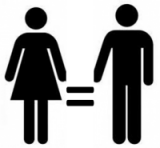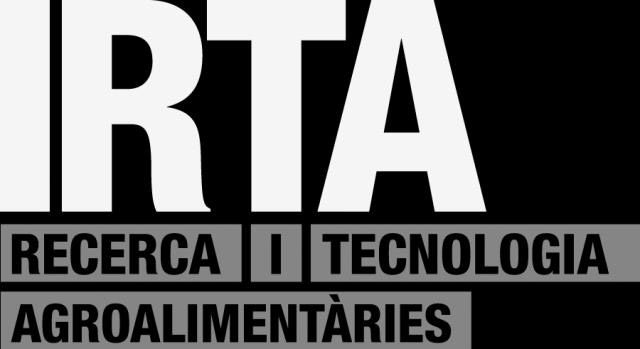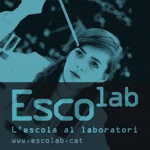Gender equality: Is it real?

Nowadays, women are found in the mainstream of science with many of the world’s top scientists are women; however, the issue of gender equality has still not been fully sorted out.
Although the proportion of science degrees granted to women has increased in past decades, there is a persistent disparity between the number of women receiving PhDs and those hired at junior positions in faculty. This gap suggests that the problem will not resolve itself solely by more generations of women moving through the academic pipeline but that, instead, women’s advancement within academic science may be actively impeded.
A recent paper by Moss-Racusin et al revealed that both male and female faculty judged a female student to be less competent and less worthy of being hired than an identical male student, and also offered her a smaller starting salary and less career mentoring. Thus, their results suggest that subtle gender bias is important to address because it could translate into large realworld disadvantages in the judgment and treatment of female science students. It is a fact that the dearth of women in science reflects a significant wasted opportunity to benefit from the capabilities of our best potential scientists, whether male or female.
Representation of women speakers/session Chairs at recent European and International Congresses of immunology. Data compiled by Catherine Saut´es-Fridman
On Sept 7th 2012 the Women in Science Symposium took place during the European Congress of Immunology in Glasgow, Scotland as a European Federation of Immunological Societies (EFIS) event. It was chaired by Prof. Fiona Powrie FRS from Oxford, UK who was the first EFIS-European Journal of Immunology (EJI) Ita Askonas prize winner in 2009, a prize that is awarded to female immunologists, and Dr. María Montoya from Barcelona, Spain. The idea was to open a discussion based on personal experiences of female scientists regarding the hurdles that women find in their careers in Europe. The room was full of people, redominantly (90–95%) women. The symposium started with a short introduction by Dr. Montoya.
There were several points noted in the open debate. Firstly, as already commented on, men perceive that the women in science issue is not their problem, which the audience thought was entirely wrong (see also a recent editorial on this topic. Secondly, it was felt that working and taking care of domestic affairs and family should be equally allocated between men and women. Thirdly, appropriate mentoring is extremely important for success in science, particularly for women during the reproductive age. Fourthly, women should avoid “mimicking” aggressiveness “menlike” attitudes as this both scares people and damages the image of women at work.
Finally, women should increase their visibility in the community (maybe attending conferences like ECI) and they should have a confident attitude at work. It was noted that gender equality was a hot issue that required more time and effort to be allocated to discussion in future editions of international conferences. Furthermore, all scientists (whether male or female) should be thinking whether we can do something to balance gender disparity in our environment and which actions should be implemented either locally or internationally.
Contact: Dr Maria Montoya Investigator of CReSA Email: maria.montoya@cresa.uab.cat Phone no.: +34 93 581 43 42 Fax: +34 93 581 44 90 Edifici CReSA. Campus UAB 08193 Bellaterra (Barcelona) Spain













